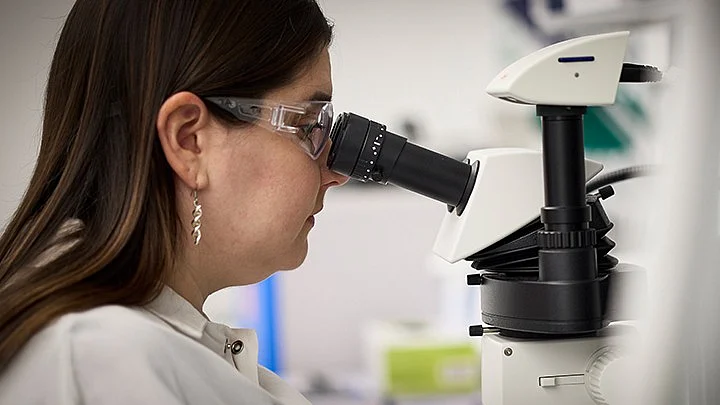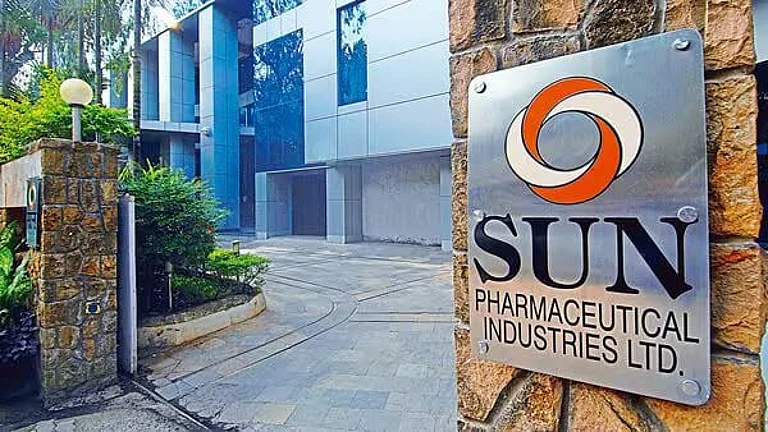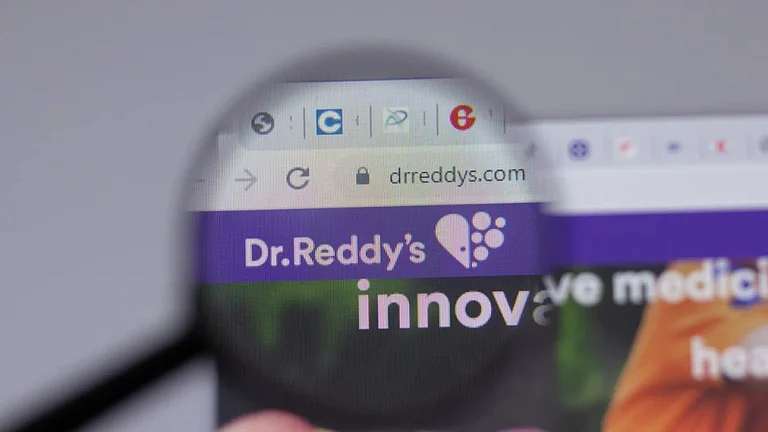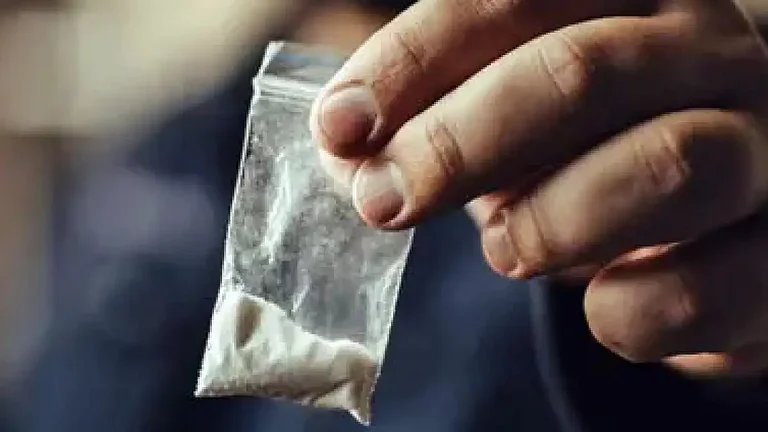American pharmaceutical giant Eli Lilly and Company announced on Saturday that its anti-obesity pill, Orforglipron, has shown significant success in a Phase 3 trial. The company said its oral glucagon-like peptide-1 (GLP-1) receptor agonist reduced blood sugar and body weight in adults with type 2 diabetes during the trial.
The results were presented at the American Diabetes Association 2025 conference and published in The New England Journal of Medicine. Lilly plans to submit the drug for regulatory approval for weight management in 2025 and for diabetes in 2026.
The company already sells the blockbuster weight management injectable Tirzepatide under the brand name Mounjaro for type 2 diabetes, and Zepbound for weight management. Both are administered via injection. Orforglipron and Tirzepatide are GLP-1 drugs, which mimic a natural gut hormone that helps control blood sugar levels and appetite.
According to Eli Lilly, the study showed that all three doses of Orforglipron (3 mg, 12 mg, and 36 mg) led to significantly greater reductions in A1C levels compared to placebo over 40 weeks, with reductions ranging from 1.3% to 1.6% from a baseline of 8.0%.
In addition to improving blood glucose levels, the 12 mg and 36 mg doses resulted in notable weight loss, with participants losing up to 16 pounds (7.9%). Up to 76% of participants achieved the American Diabetes Association’s A1C target of under 7%. Improvements were observed as early as four weeks, along with reductions in fasting serum glucose.
Orforglipron is the first oral small-molecule (non-peptide) GLP-1 agonist to successfully complete a Phase 3 trial. Unlike injectable GLP-1 therapies, Orforglipron can be taken without food or water restrictions, offering a more convenient option for patients who prefer oral medication, the company said.
Orforglipron was originally discovered by Chugai Pharmaceutical and licensed by Lilly in 2018.
Eli Lilly and its rival in the weight management drug sector, Novo Nordisk, have benefitted from surging demand for weight-loss injections. In the first quarter of this year, Lilly's revenue rose 45% year-on-year to $12.73 billion, driven by strong sales of its diabetes and obesity drugs. Mounjaro brought in $3.84 billion, while Zepbound, its obesity treatment, generated $2.31 billion—more than quadrupling from a year earlier.
Despite the growth, the company trimmed its full-year profit forecast due to investment-related charges and upcoming changes in drug coverage, including CVS dropping Zepbound in favour of Novo’s Wegovy. Still, Lilly’s GLP-1 drug portfolio remains dominant, with Zepbound capturing over half the US market, and the company continues to invest heavily in R&D and manufacturing expansion.

































